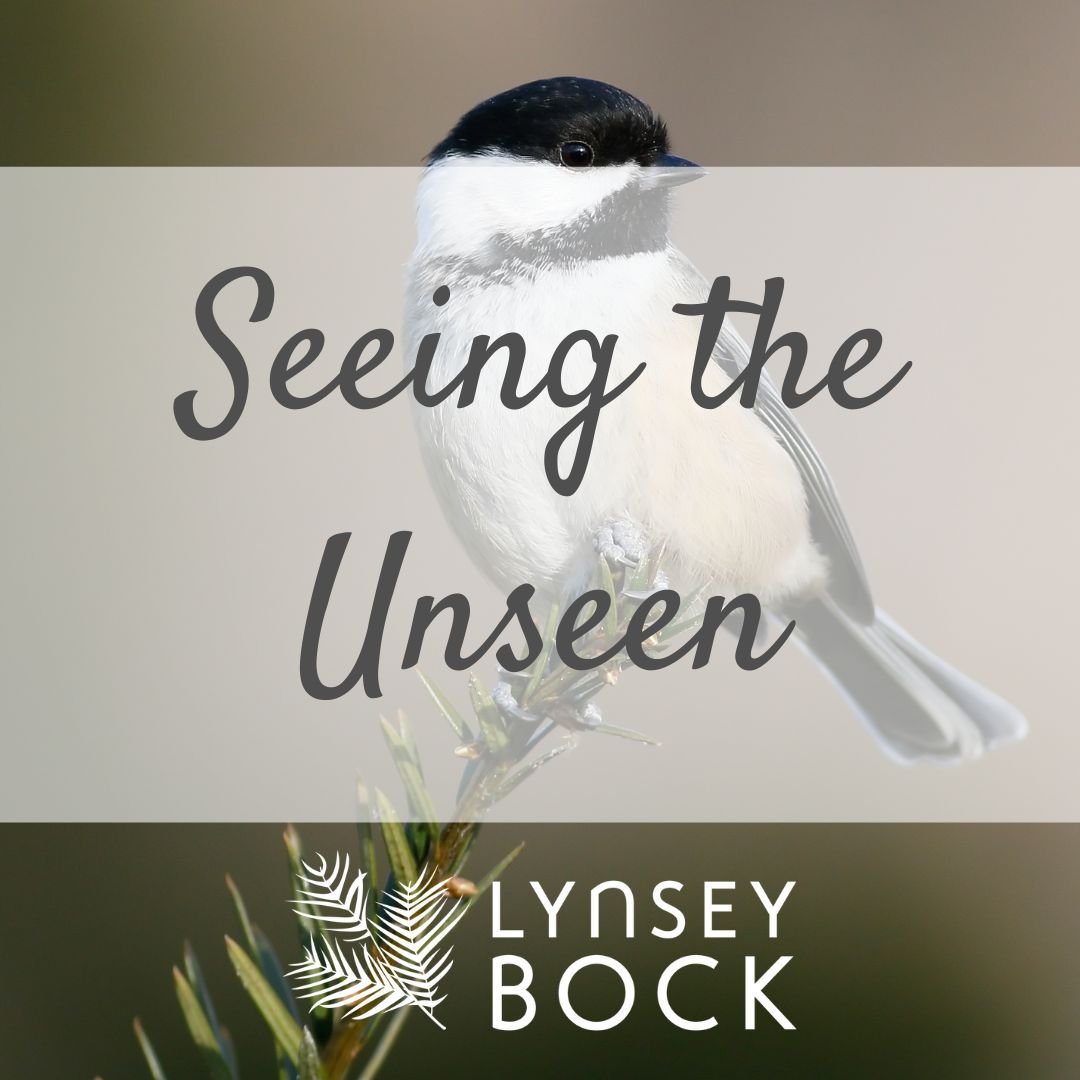I had a different topic in mind for today’s post, but recent events have compelled me to put that on the back burner until later this week. Although it is not my intention to regularly comment on current events, I will not ignore a tragedy that is so profoundly impacting this country as a whole, and many of my friends in particular.
It cannot be denied that the relationship between the LGBTQ community and the Church is, sadly, characterized by mutual hurt. Upon much reflection, I can’t help but be reminded of the Biblical conflict between the Jews and the Samaritans. Jesus used their conflict as the backdrop for his teachings on how Christians are to love others; it’s a lesson I believe we need to remember in light of this tragedy.
During the time of Jesus’ Earthly ministry, the conflict between the Jews and the Samaritans was already hundreds of years old. These two groups were bitterly divided over politics, culture, and religion, and many of them despised one another. This situation is sadly familiar to us.
One day, when Jesus was teaching, a Jewish lawyer began to question him about God’s law. He rightly understood that the way to eternal life was to love God above all, and to love one’s neighbors. He wanted clarification from Jesus on exactly who counted as his “neighbor” (Luke 10:25-29). He hoped that Jesus answer would affirm what he was already doing, "justify" him, so that he could be assured of eternal life while limiting which people he actually was supposed to be loving toward. Jesus responded with a parable that most will find familiar: the Good Samaritan.
Jesus replied, “A man was going down from Jerusalem to Jericho, and he fell among robbers, who stripped him and beat him and departed, leaving him half dead. Now by chance a priest was going down that road, and when he saw him he passed by on the other side. So likewise a Levite, when he came to the place and saw him, passed by on the other side. But a Samaritan, as he journeyed, came to where he was, and when he saw him, he had compassion. He went to him and bound up his wounds, pouring on oil and wine. Then he set him on his own animal and brought him to an inn and took care of him. And the next day he took out two denarii and gave them to the innkeeper, saying, ‘Take care of him, and whatever more you spend, I will repay you when I come back.’ Which of these three, do you think, proved to be a neighbor to the man who fell among the robbers?” He said, “The one who showed him mercy.” And Jesus said to him, “You go, and do likewise.” Luke 10:30-37
In spite of the bitter conflict between their two cultures, the Samaritan man was a “neighbor” to the Jewish man: he was moved with compassion and stepped in when others would not. His actions went beyond triage, as he faithfully provided for the victim’s care until healing was complete.
When the Samaritan saw the Jewish man lying in the road, he did not look to it as an opportunity for the two of them to discuss why conflict existed between them. He simply had compassion and helped. Likewise, now is not the time to divide up blame or discuss the whys and wherefores of conflict between the Church and the gay community. Instead, now is the time for Christians to prayerfully seek opportunities to reach out to a hurting community, For Christians, the Samaritan man should be our example: compassion and mercy should be the defining characteristic of the love we show to all of our neighbors. Our disagreements over politics, culture, and religion must take a back seat to Jesus’ clear command for us to “go, and do likewise,” We must love those who are hurting, and, right now, the LGBTQ community is hurting.
So how should we love these particular neighbors in this particular crisis? There is plenty of information available already that can do a better job than I can of telling you how you can donate funds and material resources to the survivors of the attack and their families. I’ll let the major news networks help you with that. Instead, I want to focus on two simple things that you can do to help wherever you are: pray and reach out to affected friends and neighbors.
Pray
In response to the attack in Orlando, consider praying these things:
For victims and their families: that they would find comfort and hope in their grief.
For the LGBTQ community: that they would receive compassion and kindness from others, and not live in fear because of hate.
For the Muslim community: that peace-loving Muslims would be protected from hateful violence at the hands of people who would blame them for the senseless actions of a radical and unstable man, particularly as they continue to celebrate Ramadan.
For yourself: that you would have wisdom to speak and act in ways that show the love of Christ to a hurting world.
Reach Out to Affected Friends and Neighbors
If you, like me, live on the other side of the country from Orlando, you may feel like there isn’t much you can do to help the victims of this attack beyond sending money to charitable organizations that are mobilizing to assist in the healing process. I won’t diminish the importance of financial generosity here: donate if you are able! Still, the impact of this event reaches far beyond Florida: there are many people in our local communities who are afraid and in pain because of that act of terror. It is our duty to help care for them.
Make it a point to extend compassion to friends and neighbors who are mourning or fearful because of the attack. Whether you simply send them a note or small gift or invite them out for coffee or a meal, find a way to express to them that you are thinking of and praying for them. Listen as much as possible. Encourage wherever appropriate. Pray without ceasing.
Respond
How do you feel led to respond to this tragedy? How are you praying for and reaching out to those who have been impacted by the attack?






